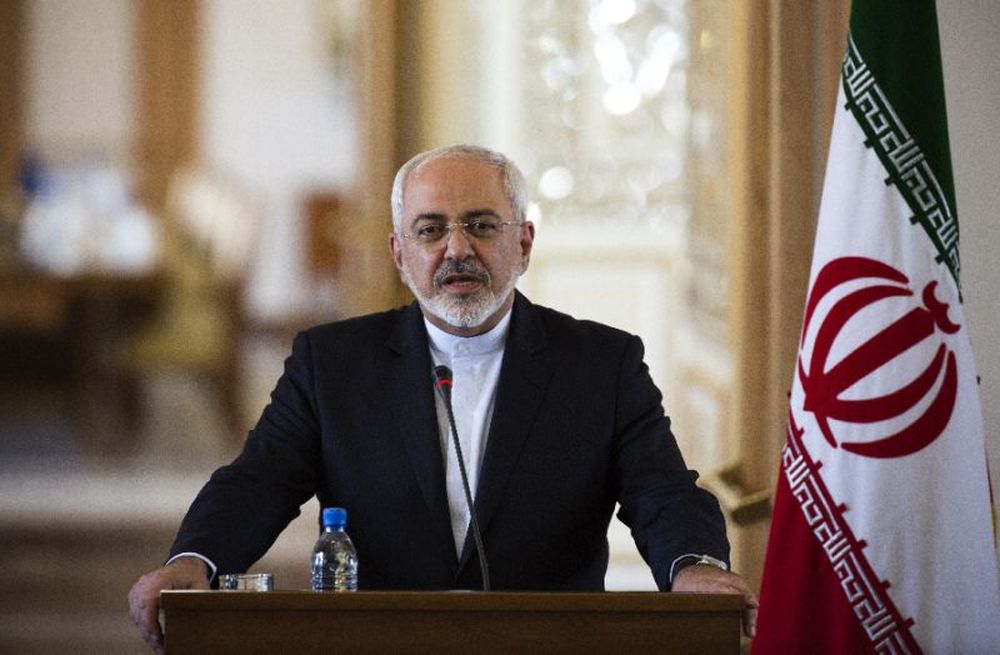WASHINGTON, June 6 — Iran’s foreign minister yesterday threw the ball back into the US president’s court on reaching a new nuclear agreement, after the two countries carried out a prisoner swap.
President Donald Trump had voiced hope for progress with Iran a day earlier, after the Islamic republic released a US Navy veteran and the United States freed two Iranians.
“Thank you to Iran, it shows a deal is possible!” Trump had tweeted.
Foreign Minister Mohammad Javad Zarif responded to Trump on Twitter yesterday, saying, “We achieved humanitarian swap despite your subordinates’ efforts”.
“And we had a deal when you entered office. Iran & other JCPOA participants never left the table,” he said, using an acronym for a landmark 2015 nuclear deal.
The multilateral accord, known formally as the Joint Comprehensive Plan of Action, gave the Islamic republic relief from international sanctions in return for limits on its nuclear programme.
Tensions between Tehran and Washington escalated in 2018 after Trump unilaterally withdrew the US from the agreement and reimposed crippling sanctions on Iran.
The other partners to the accord are Britain, China, France, Germany and Russia.
“Your advisors — most fired by now — made a dumb bet. Up to you to decide when you want to fix it,” Zarif added.
Brian Hook, the US pointman on Iran policy, said that the Trump administration has tried unsuccessfully to expand the conversation with Tehran beyond consular matters.
“I think one of the obvious dimensions of doing a consular dialogue with the regime is the opportunity to discuss other issues,” Hook told reporters in Washington.
“The regime has not taken us up on this opportunity now. It’s unfortunate,” he said, adding: “The door remains open.”
“We do think that every successfully concluded diplomatic engagement does build confidence.”
The Trump administration says it wants a new deal with Iran but has taken a maximalist approach in its demands, including seeking an end to Tehran’s regional activities.
In January, Trump ordered a drone strike in Baghdad that killed a top Iranian general.
Hook went to Zurich to bring back US Navy veteran Michael White, who had been arrested in Iran’s northeastern city of Mashhad in July 2018.
As he was flying home Thursday, a US federal judge issued an order to free an Iranian-American doctor, Majid Taheri.
A day earlier, a prominent Iranian scientist arrested in 2016 on an academic visit to the United States returned to Iran.
Three more US citizens are known to be imprisoned in Iran. All three are of Iranian origin, so Tehran considers them its own citizens.
“I think the regime probably looks at dual citizens differently than we do. But it’s the same level of effort that’s applied to all of them,” Hook said. — AFP






















